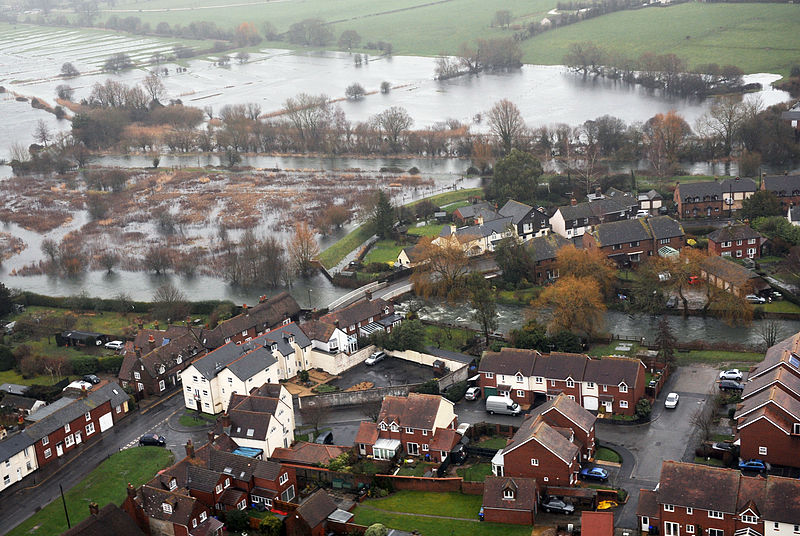How to effectively communicate the link between climate change and flooding

Researchers have released a report outlining how the link between flooding and climate change can be effectively communicated to the public. The report put forward nine principles for successful communication, of which Bright Green has highlighted our favourite three.
1.) Statistical information and accurate scientific data are crucial, but trusted “peer” messengers and personal stories are vital for achieving public engagement.
Personal stories are more powerful than scientific information. Jargon such as “mitigation” and “adaptation” can be off-putting, as can graphs of projected temperature changes or sea-level rises.
Although scientists have a key role, people’s peers are often the most powerful communicators. In every community, there are trusted local people who represent an area in some way and are therefore considered more trustworthy than outsiders. These people are likely to be the main source of information during a crisis and should be engaged with.
2.) Conversations about climate change should ideally happen before (not during) flood events when communities are under pressure. Communication and engagement around flood events must be carried out sensitively, or they will backfire.
Many experts the researchers spoke to agreed that talking about climate change when floods are happening risks being seen as insensitive, if the conversation is not led by members of the affected community. Any communication during floods must be supportive and sensitive to the community’s needs at that time, rather than preachy.
Instead, to overcome ‘climate silence’, environmentalists should communicate the link between climate change and flooding before floods happen. This communication should focus on preparing communities for future floods, which are made more likely by climate change. Those endeavouring to communicate with a community should learn as much as possible about that community and tailor their messages to it.
3.) There is growing evidence that flooding and climate change are linked in the public mind.
A study conducted after the 2013/2014 floods found that 64% of British people thought that floods were caused, at least in part, by climate change.
People who had experienced flooding directly were more likely perceive climate change as a major threat. Nearly 30% of them put it in the top three issues facing the country, compared to 15% of the general population.
The report said: “When floods bring the problem closer to home, there is a window of opportunity for having a national conversation about climate change that is not usually available.”
The research was conducted by an organisation called Climate Outreach and was the result of discussions held by experts at a workshop in Oxford in June 2015. You can read the full report here.




Just need top say: War ming seas means more evaporation, whic h mea ns more water vapour in air, which means more rain, which means more flooding. It ain’t rocket science.
Last week, here in Norfolk, we had a month’s worth of rain in three hours. It was last year a month’s worth in 24 hours, down from the 48 houyrs previously. No land can cope with that level, so it runs off and floods low-lying areas. When these are farmland, food crops are lost.
Seems like some good ideas there,People do need to be warned of potential floods!!